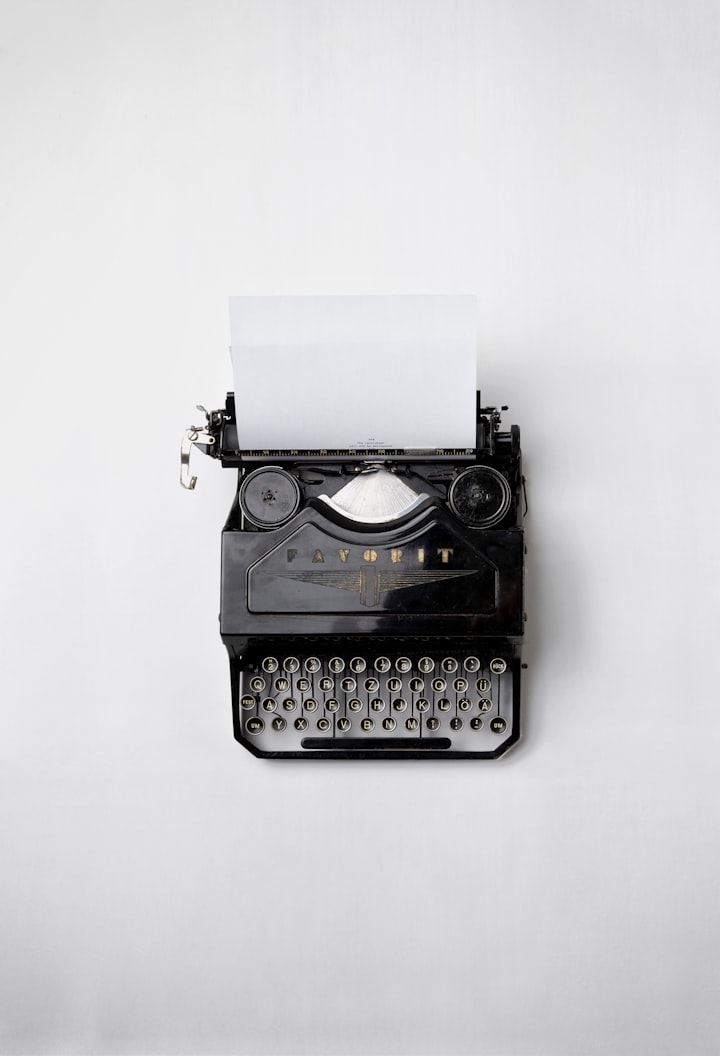Thank Samuel Johnson for the Jane Austen Revival
Without his “Dictionary,” you probably wouldn't be able to make sense of “Sense and Sensibility”

Do you like being able to read Jane Austen?
How about understanding the Declaration of Independence?
Do you like having a snowball's chance in hell at getting to the meaning of Shakespeare?
Then thank the dictionary.
In particular, thank Samuel Johnson's A Dictionary of the English Language (1755).
England first developed a literate population in the 1700s, when reading became fashionable and widespread. It had become so popular that the London Chronicle, at Johnson's suggestion, started publishing a new genre of writing that would have been unheard just of a few decades earlier: the book review.
With this rise in reading came a movement to stabilize the English language, which had been undergoing fast and colossal changes over the past 200 years, making Elizabethan English much different than Georgian England's:
Elizabethan English grew so fast, putting on muscle so swiftly and in such unforeseeable places, that it was both exciting and unpredictable . . . [T]here was no thing as 'correct' or 'incorrect' spelling. Everyone spelt a word in the way he thought it ought to be spelt.” John Wain, Samuel Johnson (1974), 138.
Some, like Johnathan Swift, wanted to establish a formal academy, along French lines, to stabilize and normalize the language. If the language weren't slowed down, their beloved Shakespeare could become indecipherable in a few generations, not to mention John Milton and the King James Version of the Bible.
Others, like Johnson, opposed Swift and the government academy approach, preferring a more relaxed one. Johnson wanted English stabilized, but not constricted. Johnson knew language by its nature changes.
So: Norms, yes. Laws, no.
A group of prosperous booksellers agreed. They came together in 1746 and offered Johnson 1,575 pounds to put together a dictionary to serve as an English language speed bump. (It's tricky and imprecise to calculate historical monetary figures, but if we estimate in today's dollars, it would be at least $250,000.)
Taking the dictionary to a whole new level
Contrary to common belief today, Johnson's wasn't the first English dictionary.
The first English dictionary came out in 1604: Robert Cawdrey's A Table Alphabeticall. The English Expositour appeared the year Shakespeare died (1616), then a Guide into Tongues in 1617.
Dictionaries had even started to become popular before Johnson's with John Kersey's A New English Dictionary (1702) and Nathan Bailey's An Universal Etymological Dictionary in 1731. (E. L. McAdam and George Milne, Johnson's Dictionary: A Modern Selection (2005), vii)
But the investors wanted to take the dictionary to an entirely different level.
And so did Johnson.
So he accepted their offer and got to work. He bought a large house where he could undertake the work. He hired six assistants, which in itself was problematical because he needed “six men literate enough to do the work and poor enough to be attracted by the wages.” (Wain, 135)
He went at the work in a methodical fashion. I can't do any better to describe the process than Peter Ackroyd has done in his excellent Revolution: The History of England from the Battle of the Boyne to the Battle of Waterloo (191-192):
He began his preparations by excessive and intuitive reading. He was an omnivore of books, sometimes literally tearing them apart to get at their contents. When he came upon a word he liked or needed, he would underline it and then mark out the extract in which it was embedded. His small and sometimes ragged retinue of assistants, sometimes four and sometimes six, occupied the upper chamber of his house in Gough Square where they sat at tables like clerks in a counting house. Johnson himself sat on an ancient elbow-chair, with three legs and one arm, propped against a wall.
When he had finished with a book it was passed to one of his companions who would then copy the marked passages onto a quarto sheet; when the sheet was filled with a column of references it was cut into single slips which were then deposited into a number of 'bins'.
The project took nine years. When it came out, it consisted of 40,000 words and 110,000 quotations. It was comprised of two enormous volumes, which is no wonder. Consider, for instance, that just the word “take” took five pages and included 134 uses. (Ackroyd, 192)
All entries weren't as long as “take,” and some were very short, but still: 40,000 words, with nearly triple that many quotations, plus etymologies . . . and the definitions. It grew lengthy. Consider this sample entry (without the etymology):
To foredo'. (1) To ruin; to destroy. A word obsolete. Opposed to making happy.
This doth betoken,
The corse they follow did with desperate hand
Foredo its own life.
Shakespeare's Hamlet.
(2) To overdo; to weary; to harass.
Multiply that by 40,000.
The Dictionary's legacy
Johnson's Dictionary was a success. The investors all made a profit and it became the reference book for any serious man or woman of letters. The young Robert Browning later prepared himself to be a poet by reading Johnson's Dictionary from beginning to end. (Wain, 182)
Prior to the publication of his dictionary, Johnson was called “the old elephant.” Now he was called “Dictionary Johnson.”
It made him a household name to this day.
If I had to guess, his name will still be remembered even after many others from that age (an era Johnson called the “age of authors”) aren't.
Heck, I wouldn't be surprised if his name lasts longer than Jane Austen's.
Which would be fitting. Without Johnson's Dictionary, very few of us would have even heard of Mr. Darcy.


